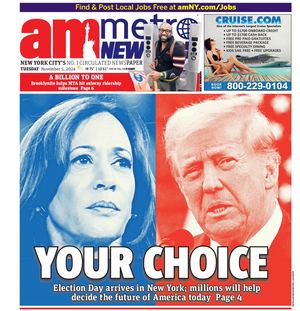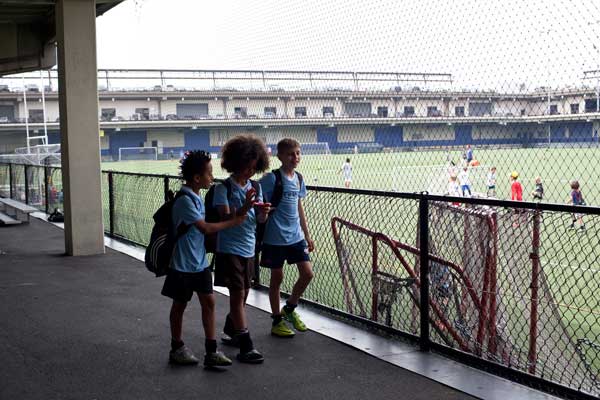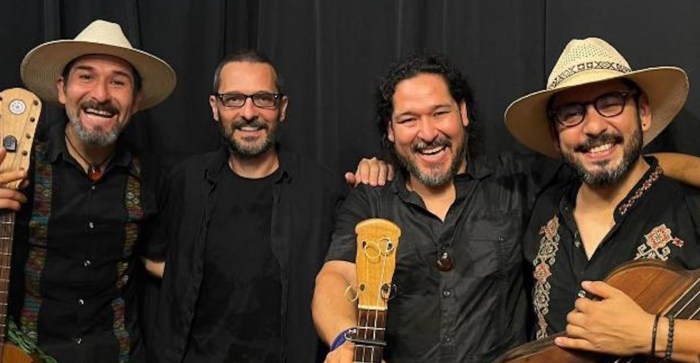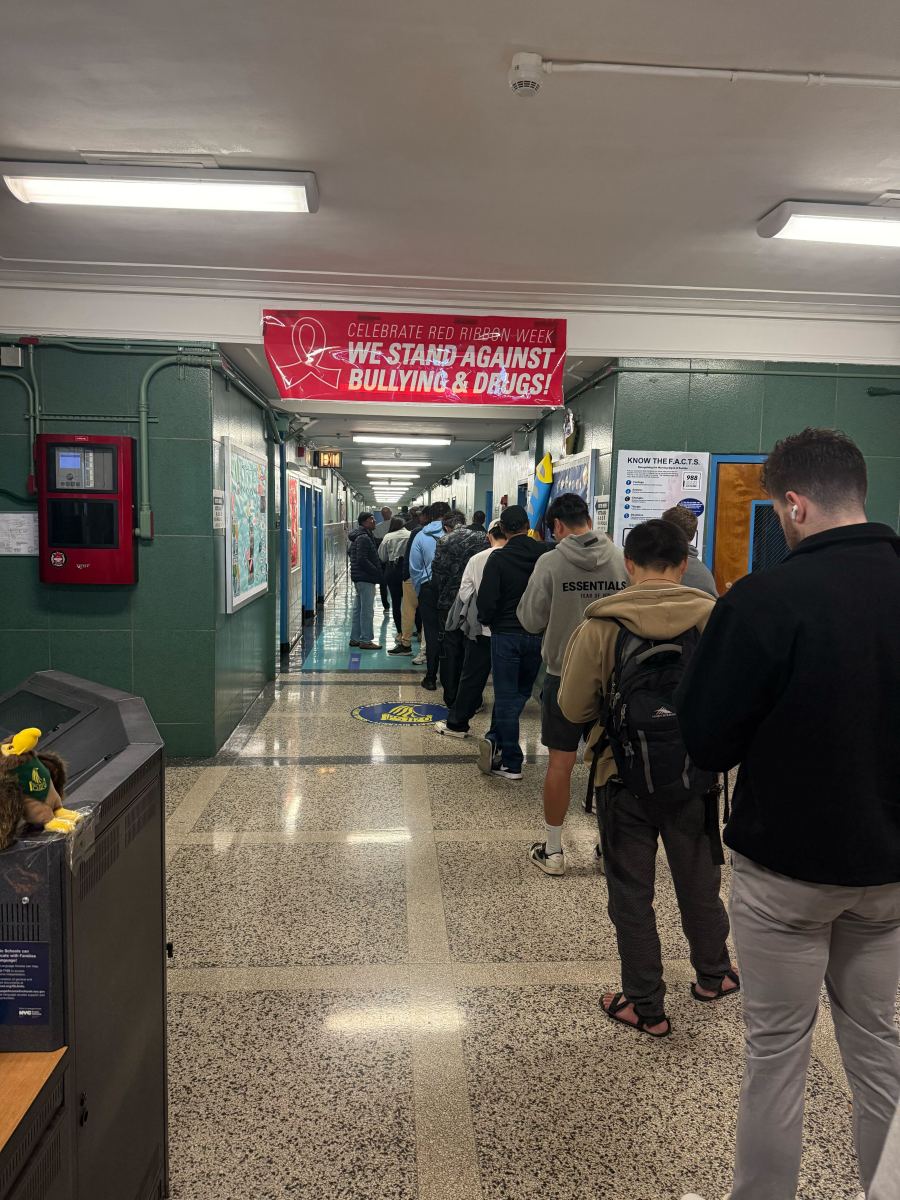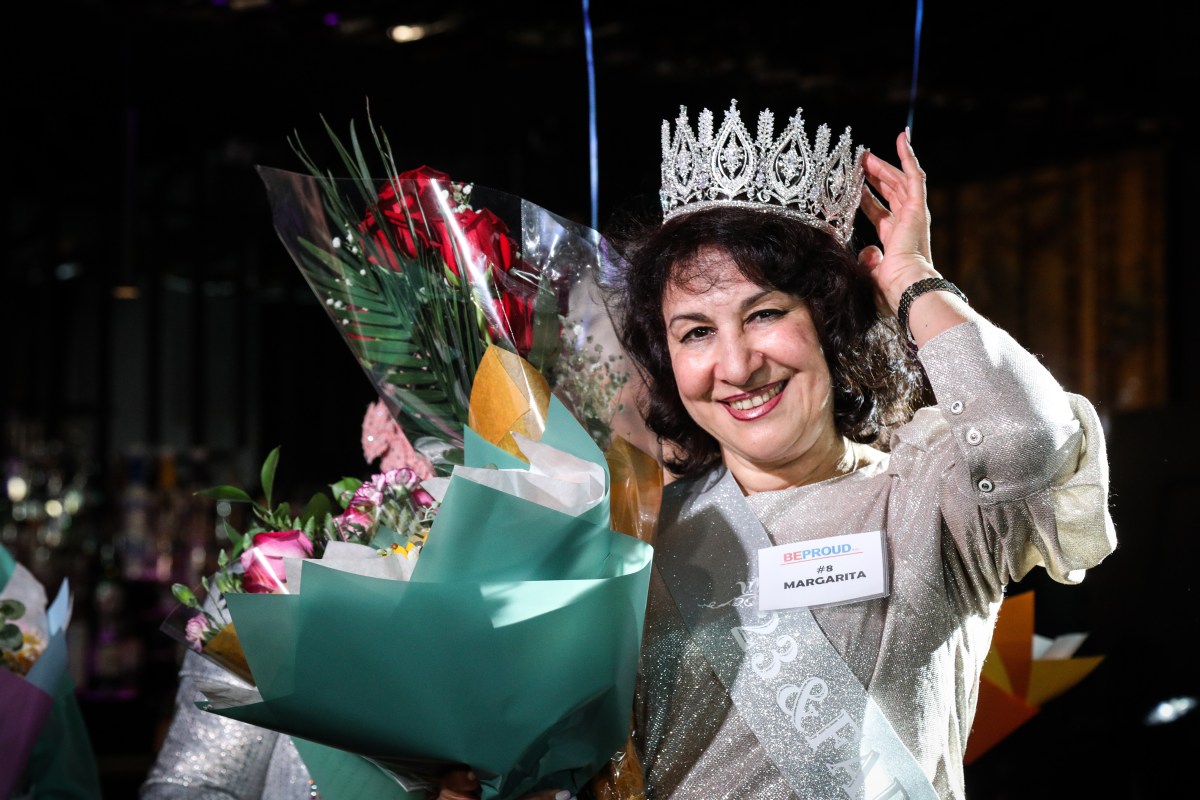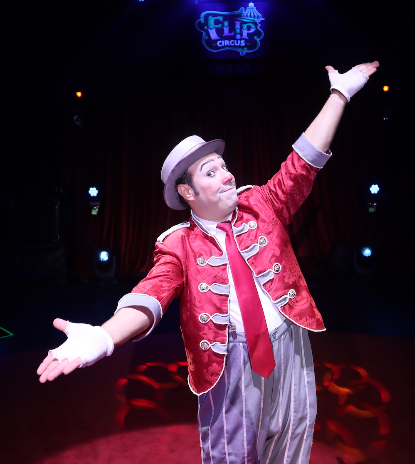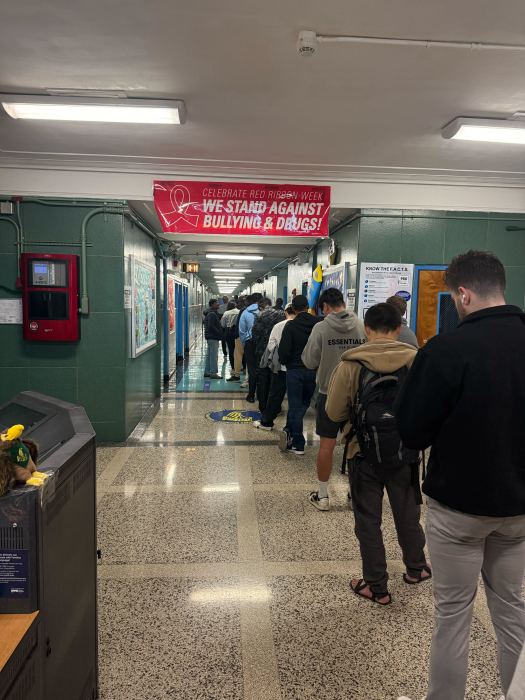 BY LINCOLN ANDERSON | “Unfortunately, it seems a bit like the Euro crises — where people don’t understand the problem until the pier is closed down,” Michael Novogratz, a board member of the Hudson River Park Trust, commented at the Trust’s July 24 meeting. Novogratz’s analogy referred to Pier 40, the crumbling and cash-consuming pier on West Houston Street that is the Trust’s biggest concern and challenge.
BY LINCOLN ANDERSON | “Unfortunately, it seems a bit like the Euro crises — where people don’t understand the problem until the pier is closed down,” Michael Novogratz, a board member of the Hudson River Park Trust, commented at the Trust’s July 24 meeting. Novogratz’s analogy referred to Pier 40, the crumbling and cash-consuming pier on West Houston Street that is the Trust’s biggest concern and challenge.
“If it was my decision, I would say, cut it off — not one more dime goes into it — and we shut it down as necessary,” Diana Taylor, the Trust’s board chairperson, said of the problem pier.
Even with some emergency fixes over the next few years, the Trust is still facing the possibility of having to do a “managed shutdown,” most likely in phases, of the massive 14.5-acre pier as it continues to decay.
Pier 40 has become a serious financial liability for the Trust. The pier needs about $100 million in repairs for its roof and metal support pilings; one of its three stairwells, which are all falling apart, recently had to be closed for safety reasons. The Trust has had to dip into its reserve fund to finance a $6 million fix of the northeastern section of the pier’s roof, which is midway to completion.
Even though the pier collects $5 million annually in revenue from its parking operation, Trust officials say the cost of repairing the deteriorating pier has become too high — especially since, ideally, the pier was supposed to have been redeveloped by now.
Trust president Madelyn Wils said the Trust is now assessing the cost of continuing to pour money into Pier 40 for these and other repairs with the hope that, in five to seven years, there will be a long-term plan in place for the pier’s redevelopment.
Hudson River Park as a whole is struggling financially. Over the next 10 years, the 5-mile-long Hudson River Park is expected to bring in $200 million in revenue but have expenses totaling $280 million — a deficit of at least $80 million. Yet the park is intended to be financially self-supporting.
‘A difficult decision’
Not only would Pier 40 be lost but, were it to close, Hudson River Park would lose about 40 percent of its annual revenue. Wils called it “a difficult decision.”
“No one wants to make this decision, but we don’t have the money for these repairs,” said Wils, adding, “We’re going to do our best to keep it open.”
Finding a developer for Pier 40 that would finance the pier’s repairs has proven difficult: The Trust’s previous two attempts were sunk in the face of community opposition, and developers were seeking a lease longer than 30 years — the maximum time allowed under the park’s legislation.
Earlier this year, a new study of Pier 40 commissioned by local youth sports leagues that heavily use the pier’s playing fields found that high-end residential development, compared to other options, would produce the least impact yet yield the highest revenue. Since residential use isn’t allowed under the 1998 park act, a legislative modification would be needed. A strategic task force of select community leaders considered the consultants’ report as part of their brainstorming on how to improve the park’s finances.
Assembly Member Deborah Glick reiterated her opposition to the housing idea, insisting that residential buildings should not be built on scarce parkland.
Glick slammed what she called the Trust’s “continuing attempt to stampede people into believing there’s only one solution — and that’s residential.” If Mayor Bloomberg has $260 million for Governors Island and money for other parks, she said, Hudson River Park deserves public funds, too.
“The discussion [about Pier 40] has only been around since about May, and I don’t think it has been sufficiently broad,” Glick said. “A task force with a handful of people is not enough. We want to find a solution — a joint solution, but it has to begin with them giving up the residential idea.”
Major League Soccer was eyeing the West Houston Street pier earlier this year for a new soccer arena, but the plan lacked political support, and legislative changes would also be necessary to permit a soccer stadium. After the state Legislature recessed in June without amending the park act, M.L.S. shifted its focus to Flushing Meadows, in Queens.
Changing the park act
At the July 24 Trust meeting, Wils said she felt the need to “take an aggressive approach” toward the West Houston Street pier a few months ago by pushing to change the Hudson River Park Act before the state legislative session ended in June. “I felt it was necessary, given that now there is no path forward on Pier 40,” she said.
But the Assembly bill that would have modified the 1998 park act never came up for a vote in June, and there was never a state Senate version of the bill. A bill could possibly come up for a vote at a special session in Albany in November or December; otherwise, it could be voted on with the state budget next March.
Asked if the Trust will continue to push for changes to the park act, Wils said, “Yes, I think that it’s imperative.”
The proposed modifications did not include a provision for residential use at Pier 40. They did, however, include an allowance for an art gallery or museum run by the City University of New York (CUNY) — but it isn’t clear whether those uses are banned from the existing legislation. Obviously, a CUNY gallery wouldn’t bring in anywhere near the revenue of 600 to 800 units of luxury rental housing.
Wils said the Trust would like to see the amendments go farther than what was proposed this past June. “We would be looking for more revisions,” she said. “We’re having internal discussions with the city and state. We have to put the park on firm financial footing, and Pier 40 is part of that mix.”
Assembly Member Richard Gottfried, who co-authored the original park act, put his name on the bill with the proposed legislative changes but indicated that he wasn’t very enthusiastic about it. “The bill was partly put in as a placeholder…to get a draft out in the public, so people could see it and comment on it,” he said. “I don’t know if anyone thought it should become law. It was a start.”
He is hopeful that a modified version of the legislative changes will pass when lawmakers reconvene. “I’m optimistic that there will be strong community support and that a strong bill will be enacted.”
Clearly referring to Glick, Gottfried added, “Hopefully, things don’t come down to passing something over anybody’s objection.”
